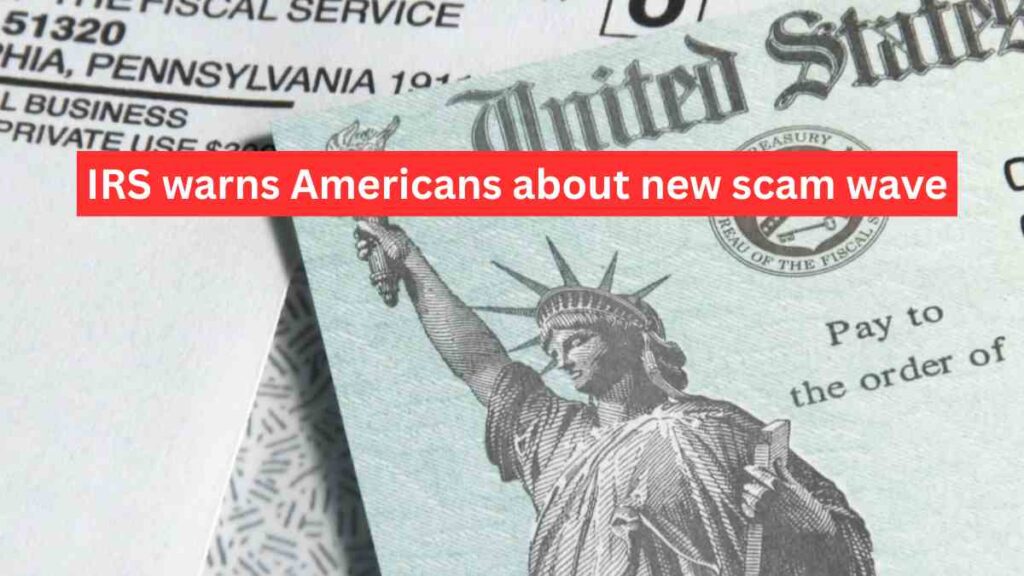
IRS Direct Deposit Stimulus in October? Here’s the Truth Behind the $1,702 Rumor
If you’ve seen posts online claiming the IRS is sending a $1,702 direct deposit stimulus check this October, don’t get too excited — it’s not true.
The IRS has confirmed that there are no new federal stimulus payments planned for 2025. The last official round of payments was the $1,400 Recovery Rebate Credit from the 2021 pandemic relief program, and the final date to claim that was April 15, 2025.
Despite that, social media has been buzzing with rumors of another payout. Let’s break down what’s really going on.
Where Did the $1,702 Rumor Come From?
Earlier this month, several viral posts began circulating on Facebook, X (Twitter), and TikTok, suggesting that Americans were about to receive a $1,702 stimulus deposit from the IRS.
However, those claims were misleading. They actually appear to reference Alaska’s Permanent Fund Dividend (PFD) — a yearly payment made only to eligible Alaska residents, funded by the state’s oil and mineral revenues.
That program is state-based, not a federal stimulus from the IRS. So, unless you live in Alaska and qualified for that dividend, you won’t be seeing a $1,702 payment.
What the IRS Is Saying
The Internal Revenue Service has issued multiple warnings in recent weeks about scam campaigns trying to take advantage of confusion around “stimulus checks.”
These scams often mimic official government communication, using realistic-looking emails, text messages, or even fake websites that appear to be from the IRS. Their goal: to trick taxpayers into sharing personal or banking information.
The agency reminds everyone that no new stimulus programs exist, and the IRS does not reach out by email, text, or social media to offer payments.
Common Stimulus Scam Tactics
Officials say scammers are getting more creative, using pandemic-related terms and emotional hooks to gain trust. Some of their common tricks include:
- Using fake terms like “stimulus check” instead of the official name, economic impact payment
- Requesting personal details such as Social Security numbers or bank account info
- Offering faster refunds or payments in exchange for a “service fee” or authorization
- Mailing fake checks that look real, and instructing recipients to call a number or visit a site to “verify” their information
These scams are designed to harvest personal data or steal money through fake refund offers.
What You Should Do
The IRS urges all taxpayers to stay vigilant. If you receive a suspicious message about a new stimulus payment — do not click any links or provide any personal information.
Instead, go directly to the official IRS website at irs.gov or report suspicious activity through the IRS’s phishing reporting system.
In short:
- There’s no federal stimulus coming in October or anytime in 2025
- The $1,702 rumor is linked to Alaska’s state dividend, not the IRS
- Protect yourself from scams by verifying information only through official government sources
The Bottom Line
There are no new federal stimulus checks being distributed this year — only old scams and misleading viral posts making the rounds again.
So, if someone promises you fast cash from the IRS, remember: it’s not a windfall — it’s a warning sign.
Stay alert, check the facts, and always verify before you share or click.

श्रवण कुमार ओड़ जालोर जिले के सक्रिय पत्रकार और सामाजिक विषयों पर लिखने वाले लेखक हैं। वे “जालोर न्यूज़” के माध्यम से जनहित, संस्कृति और स्थानीय मुद्दों को उजागर करते हैं। उनकी पत्रकारिता का उद्देश्य है—सच दिखाना और समाज की आवाज़ बनना।






